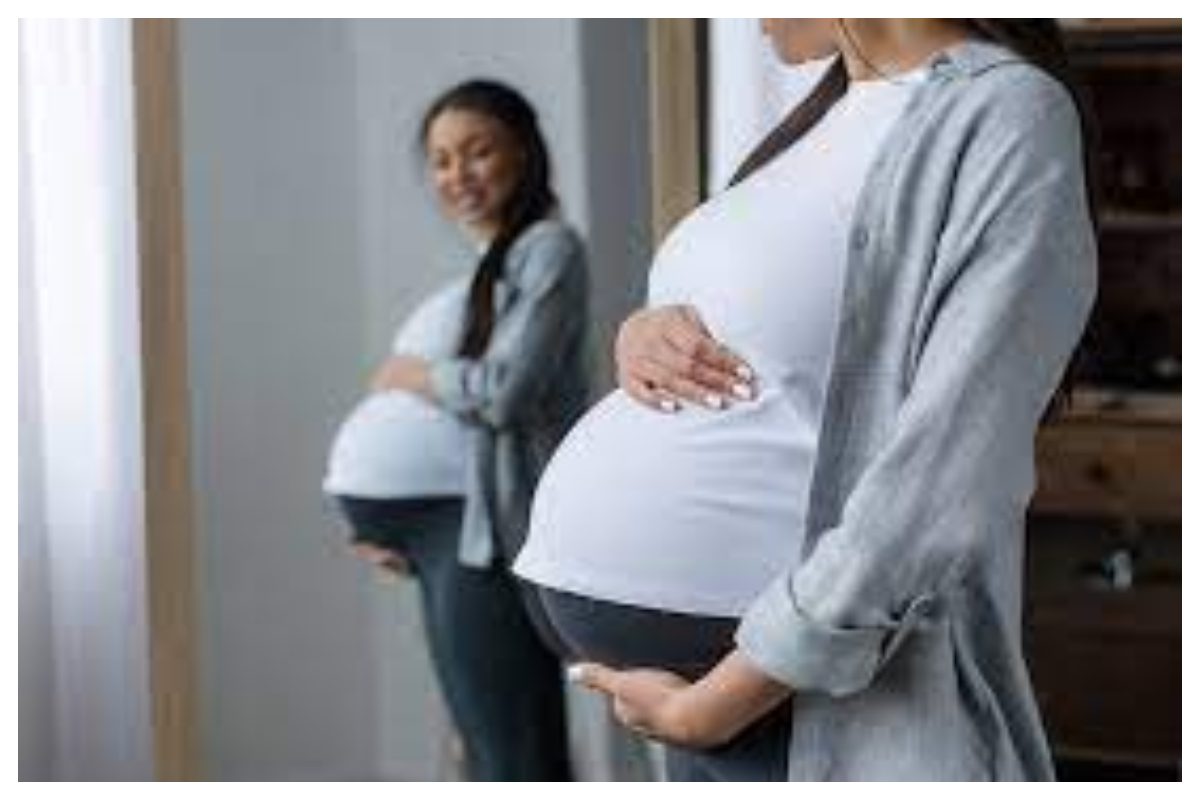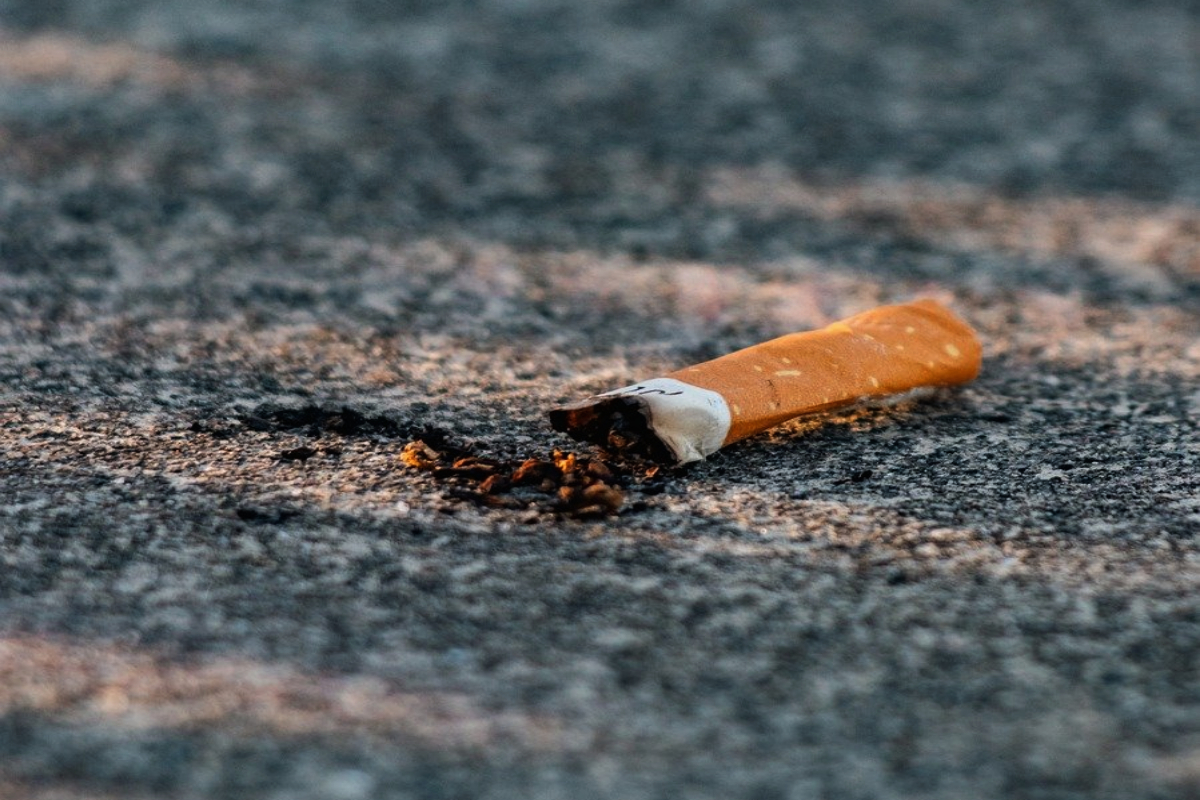- Sharon Oakley gave birth to her baby in 2018
- People start body shaming mothers for their pre-baby bodies
- Acquaintances said “Oh, you look good-you really bounced back!”
Soon after Sharon Oakley giving birth to her baby in 2018, acquaintances congratulate her on her appearance. “Oh, you look good – you really bounced back!”
She says people told her within months of having her baby. She added people start body shaming mothers for their pre-baby bodies.
She might be looked like she’d ‘snapped back’. But the reality was different. While she had lost most of the weight she’d put on during pregnancy, physically, she was suffering.
She loved jogging with her son in the stroller .But she’d leak urine the whole way. Back at work, she started experiencing bladder leaks in the office, too.
After a complicated diagnosis journey that included a six-month wait for a physiotherapist referral, Oakley was diagnosed with bladder, rectocele and uterine prolapses – where the pelvic organs, not adequately held in place by a weakened pelvic floor, slip out of their normal position.
Four years later, her condition has improved. But she still has occasional leaks. She carries spare knickers with her everywhere.
“It is a very strange part of our culture where we gauge a woman’s postpartum period in terms of how they look, rather than how they’re feeling,” says Oakley. “I look fine – but I have these birth injuries that I’m still navigating every day.”
Stories like Oakley’s are far more common than they are talked about publicly. While not always symptomatic, pelvic organ prolapse alone effects up to 90% of women postpartum. Urinary incontinence, which can also be caused by a too-tight pelvic floor, scar tissue or nerve damage, is experienced by about a third. Diastasis recti, where the abdominal muscles that separate to make room for a growing belly haven’t yet knitted back together – something which can make the belly look like it bulges and cause pain, constipation and urine leaks, as well as make walking or lifting difficulties.
“It’s nine months of growing a baby where everyone tells you how glowing you are and how lovely you are. And then afterwards, they’re a bit like, ‘Ew’,” she says. “It shouldn’t matter how you look on the outside. It should be like, ‘Wow, thank you for bringing life into this world.’ Like, ‘Are you okay?’’
{embedpost slug=”netflixs-stranger-things-creators-discuss-the-possible-outcomes/”]





















